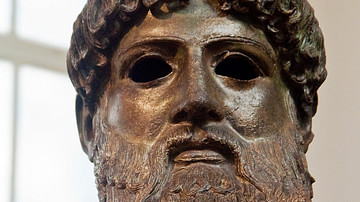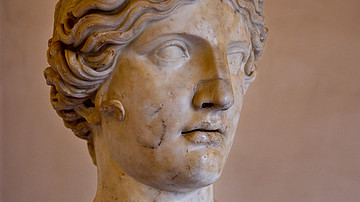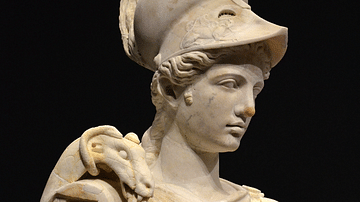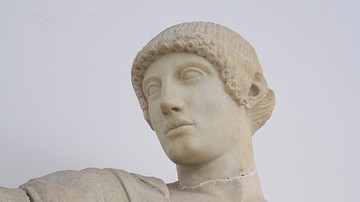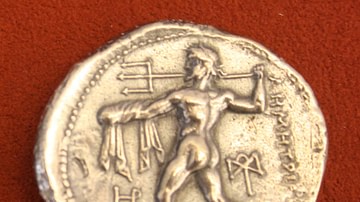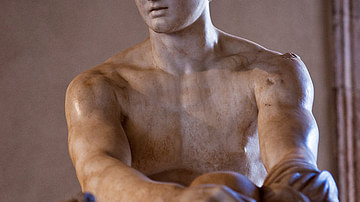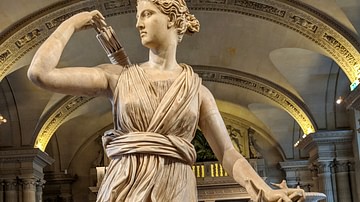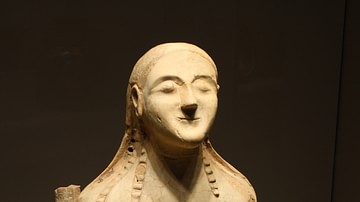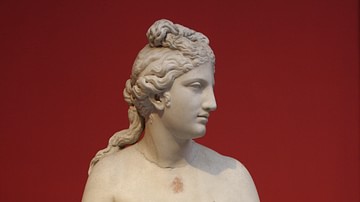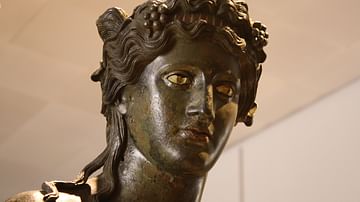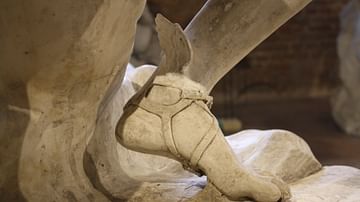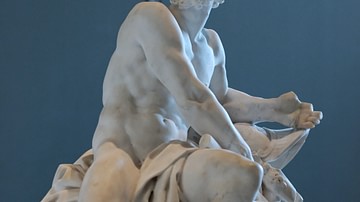The 12 gods of Mount Olympus were the most important deities in ancient Greece. In this collection, we examine each of the 12 in detail. With their all-too-human qualities in Greek mythology, the Olympian gods were capable of displaying great kindness and dishing out terrible punishments. The gods argued amongst themselves, had love affairs, and protected their favourite mortal heroes down on earth but each god had a more serious role to play in the Greek view of the world. The Olympian gods represented important ideals and features of the human condition such as justice, loyalty, wisdom, beautiful music, and the changing of the seasons.
Who Were The Twelve Olympian Gods?
The standard 12 Olympian gods are:
The Greeks did not always agree on the 12 and some lists include Hestia, Hercules or Leto, with Dionysos often the one replaced.
The Olympian gods led by Zeus twice defeated the sources of chaos represented by the Titans and the Giants. These gods then, rule humanity's destiny and sometimes directly interfere - favourably or otherwise. Indeed, the view that events are not human's to decide is further evidenced by the specific gods of Fate and Destiny.
